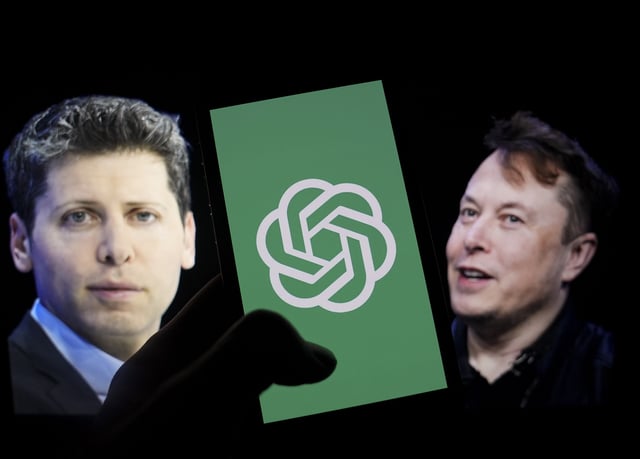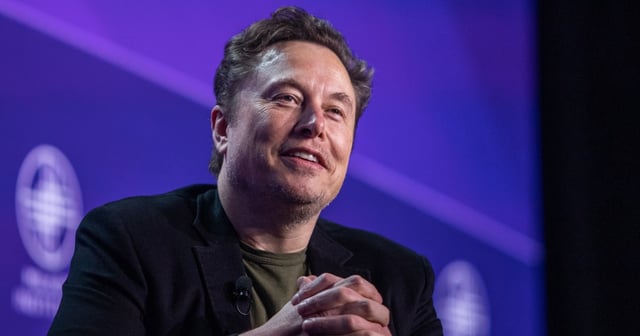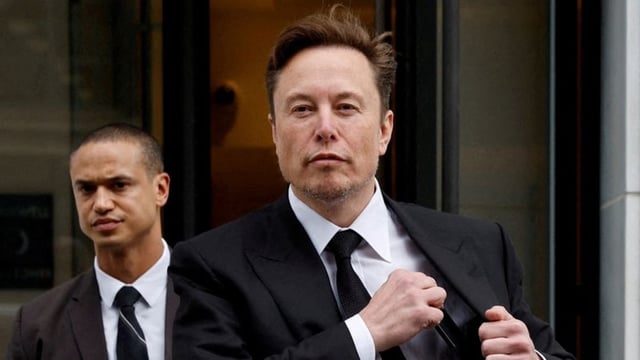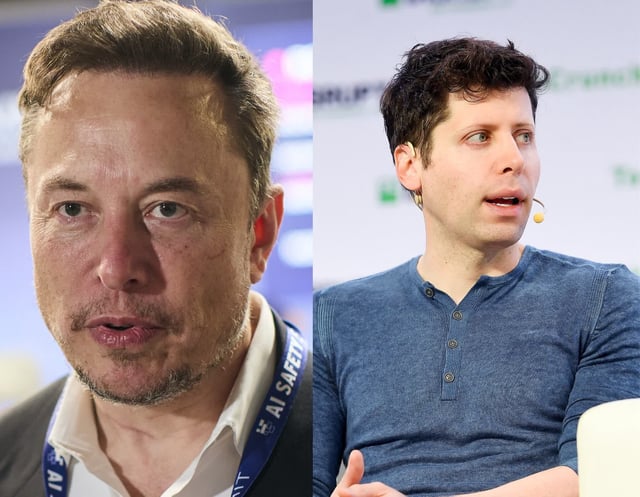Overview
- Elon Musk's lawsuit accused OpenAI of deviating from its original mission to benefit humanity.
- The case was dismissed without prejudice, allowing Musk to potentially refile in the future.
- Musk's withdrawal came a day before a scheduled court hearing on OpenAI's motion to dismiss.
- OpenAI had countered Musk's claims, revealing emails showing his support for a for-profit structure.
- Musk has criticized OpenAI's recent partnership with Apple, citing security concerns.



